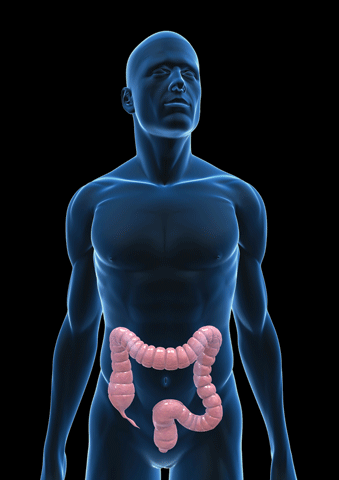


Archive
Advertisers Index
Products & Services
Job Opportunities
Media Kit - PDF
HTAA Sign-up!
Online Classifieds
Receive extra copies!
Driver HEALTH
800-878-0311 x2111
Features
On the road to health
John Kelly, M.D.
Colon Health
Frequent screening and early detection
Healthy Trucking
Digging graves with silverware
Health Tips
Running on Empty
Carpal Tunnel Syndrome
hand numbness and pain
Smartway Partners
maximize freight efficiencies
Departments
Publisher's Desk
Here's to health and wellness
Roadside Dietitian
2 things about weight loss
Industry Update
Best Fleets to Drive For
Murphy's World
Rookie driver gets that sinking feeling
Driven Women
Smoked out
Say What?
How do you stay healhty on the road?
Yoga on the Road
ANYONE can do it!
Colon Health
By Dr. Brett Bernstein
According to the American Cancer Society, Colorectal Cancer causes nearly 50,000 deaths per year in the U.S., and approximately 150,000 new cases of Colorectal Cancer are diagnosed every year. Colon Cancer is the second leading cause of cancer deaths behind lung cancer. The sad truth is that many of these deaths could have been avoided.
I’m Dr. Brett Bernstein. As a colon health specialist, one of my jobs is to educate patients about early detection and frequent screening for this dreaded disease. Early detection leads to a cure in more than 90% of colon cancer patients. Here are some important facts to consider.
First, colon cancer, unlike all other cancers, can be detected early and removal of pre-cancerous growths is possible during a colonoscopy. Colon cancer presents no obvious symptoms – no pain, no visible outward signs. The only “symptom” is occult blood in a person’s stool that can’t be seen. It’s caused by irritation in the gastro/intestinal tract; often a polyp that has started to grow in the colon. Polyps can take years before turning cancerous. 90% of colon cancer diagnoses occur among individuals 50 years and older. The remaining 10% occur in people under the age of 50; these cases most often occur with individuals who have a family history of colon cancer. Two other important facts are: men and women are equally susceptible to develop colon cancer, and African Americans are considerably more likely to die from colon cancer.
Second, there are several ways that have FDA approval to detect and diagnose colon cancer. The “gold standard” for diagnosis of colon cancer is the colonoscopy. Not only can this procedure determine if there are polyps in the colon, any polyp(s) can be removed during the procedure and pathologically tested.
In addition, now there are simple Fecal Immunochemical Test (FIT) tests available that can identify the presence of occult blood in a person’s stool, the newest of which is called Colon Health Check. This test is performed in the privacy of one’s own bathroom, requires no dietary restrictions, requires only one sample and, has been cleared by the FDA for sale directly to consumers via telephone, Web, advertising, etc. The result is available in five minutes and is over 98% accurate. Annual testing is recommended. As with any screening test for Colon Cancer, if the test is positive, SEE YOUR DOCTOR IMMEDIATELY.
Third, removing a benign polyp eliminates the risk of that polyp developing into a cancerous growth. When a cancerous polyp is found and removed early, over 90% of these individuals have a five-year survival rate (or even longer). The percentage drops the later colon cancer is diagnosed.
In conclusion, there are many valid reasons for individuals to be tested for colon cancer. It could very well prevent you from developing the disease or get you diagnosed early enough to minimize its effect on your life.
Dr. Brett Bernstein is the Director of Endoscopy in the Division of Digestive Diseases & the Department of Medicine at Beth Israel Medical Center, New York, NY.
© Copyright,
Ramp Media Group, 2010